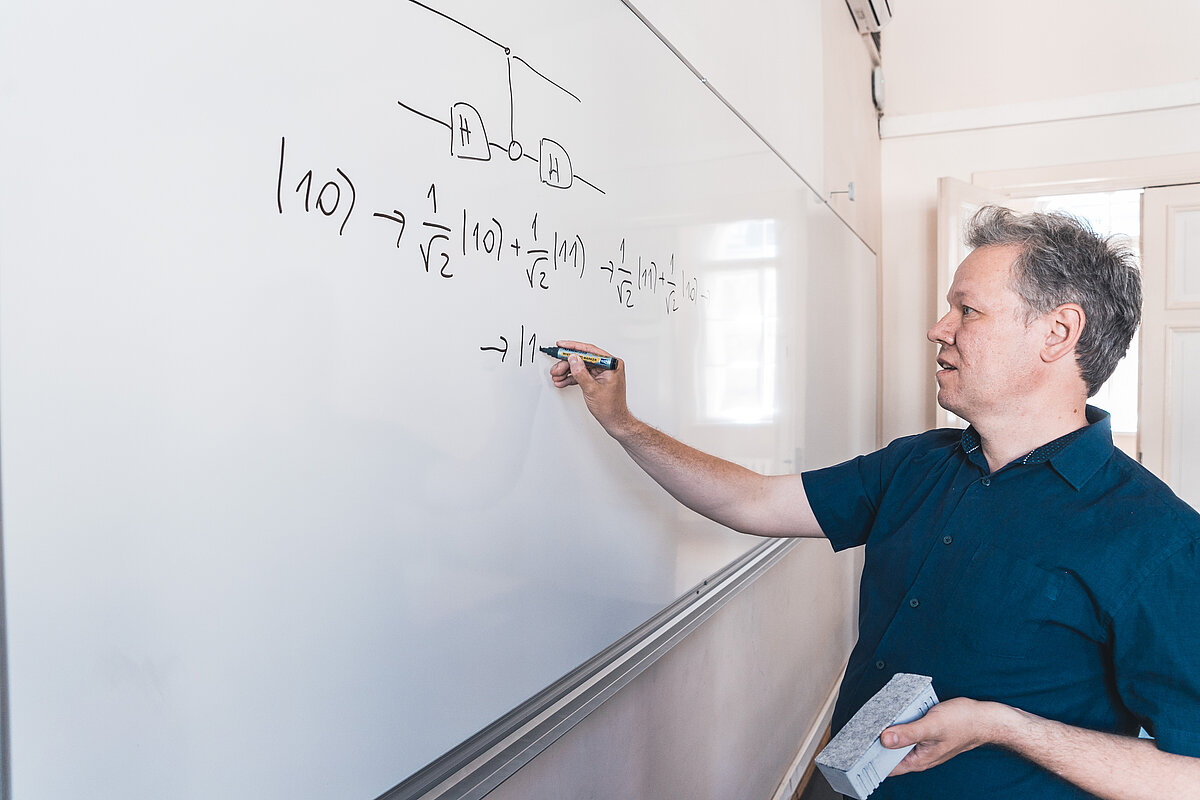
"Experimenting in quantum imaging has given our team new experience, as it is the first time we have worked so closely with a company interested in quantum computing. Quantum machine learning is among the most topical research areas in quantum computing and the results are important for understanding the types of images for which it gives a quantum advantage. Continued collaboration will allow one to discover new applications of the developed methods for other machine learning tasks," says Andris Ambainis, Professor at Faculty of Computing of the University of Latvia and Head at the LU DF Quantum Computer Science Centre at the Faculty of Computing, University of Latvia.
In the first pilot project, a team from the University of Latvia and Accenture explored the application of quantum machine learning to medical data processing in order to find a solution to a pressing problem in the radiology industry. A study* carried out in the radiology industry in New Zealand found that the most common diagnostic errors made by radiologists fall into two broad categories: perception and interpretation. In the case of perceptual errors, the radiologist sees no specific abnormality, which accounts for 80% of the total number of errors, while in the case of interpretative or cognitive errors, which account for 20%, the doctor sees an abnormality but does not recognise its significance.
Both of these common causes of errors can be addressed and prevented by the use of artificial intelligence in data analysis, but an extremely large volume of radiology examination data is needed to generate machine learning models with sufficiently high accuracy. Training such models can take several weeks and consume large amounts of energy and computing resources. A quantum computer, on the other hand, is expected to be able to process large amounts of data in a much shorter time and give an answer with high precision, due to its completely different physical design and operating principles to a classical computer.
The research team started by first researching which quantum machine learning method would be most suitable for the problem of identifying anomalies in a given image. This was followed by the use of the most appropriate method and the development and testing of a quantum algorithm tailored to the situation on a D-wave quantum computing device from a Canadian quantum computing system provider.
As a result of the experiments, the research team was able to train a quantum machine learning model to both recognise and classify anomalies found in radiology facilities. The Accenture development team built a prototype application that integrated an algorithm developed by researchers at the University of Latvia to demonstrate how radiologists and other medical professionals could use the tool in their work. This would help to reduce diagnostic errors, reduce the workload of specialists in pre-processing and data selection, and lead to more accurate patient diagnosis and more successful follow-up treatment.
"The project team is currently continuing work on additional experiments with other image datasets to evaluate the performance of the algorithm in identifying and classifying other images, as well as preparing a scientific publication on the experiments. Discussions are also underway with industry representatives to collaborate on new use cases in other areas where quantum computing has high potential - the financial sector, material science, biopharmaceuticals and others," says Maksims Jegorovs, Accenture Manager in Baltics.
The LU DF Quantum Computer Science Centre and Accenture agreed on a joint collaboration on quantum algorithms for solving industrial problems in March 2021 by signing a cooperation agreement.
The LU DF Quantum Computer Science Centre is one of the four leading quantum computing research centres in Europe, alongside the world-class quantum computing research centres in Paris, Amsterdam, and Bristol. The centre's research group consists of almost 20 researchers from Latvia and other countries. Since the establishment of the centre, researchers from America, Brazil, Turkey, Poland, India, Russia, Belgium, Italy, and other countries have travelled to Riga to work in the research group led by Andris Ambainis.
Researchers at the LU DF Quantum Computer Science Centre are working on various projects and researching the areas where quantum computers are better than traditional computers in solving practically important computing tasks. Researchers are working to develop new quantum algorithms, to define the boundaries of quantum computing, to develop experiments for quantum computing, and to look for links between quantum computing, classical computer science, and mathematics, in order to understand whether these links can be used to solve problems.
*https://www.healthplexus.net/article/error-radiology-negligence-or-human-nature?page=1, translation in Latvian - https://www.vvd.gov.lv/lv/media/7785/download